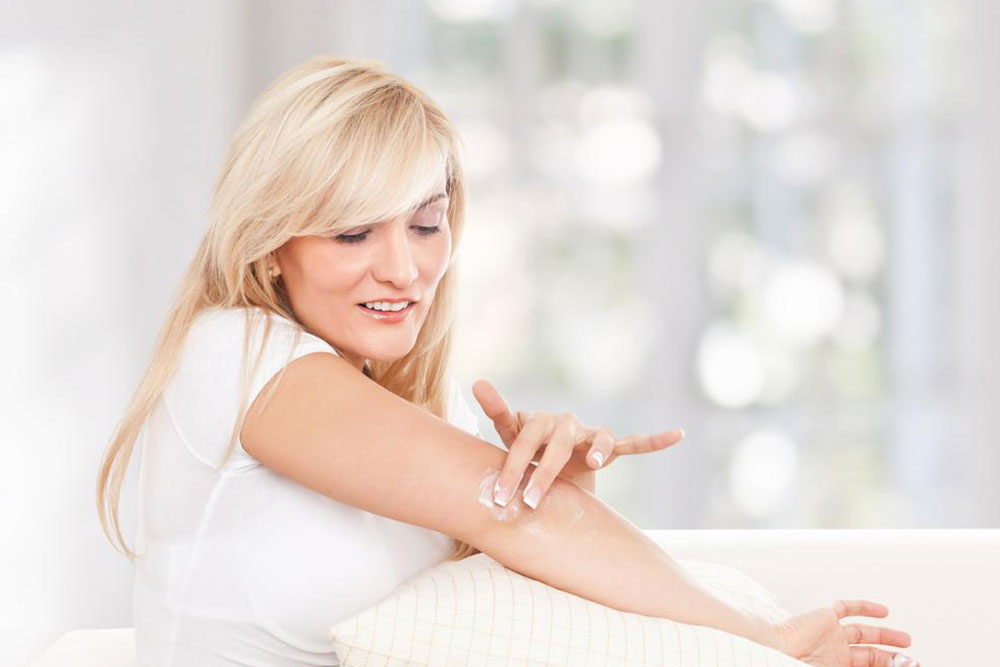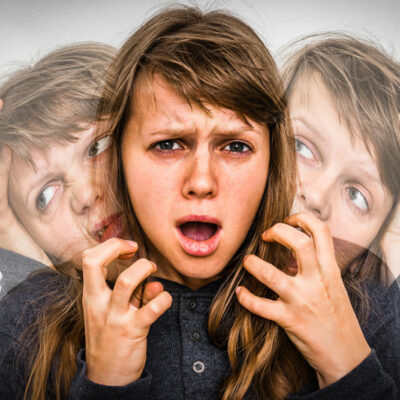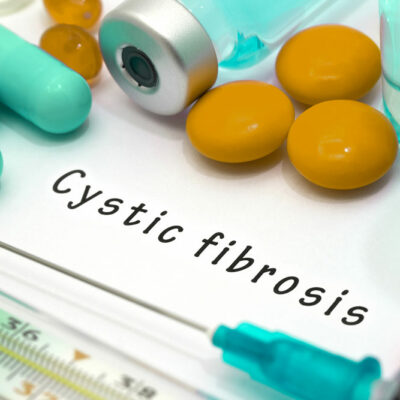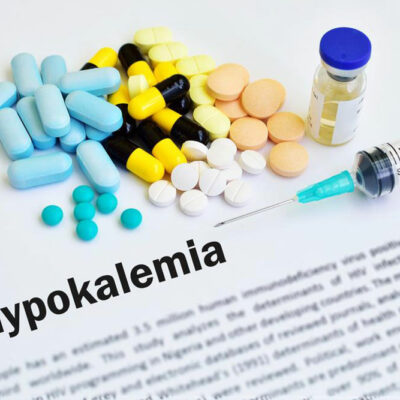
Effective treatment options to cure Eczema
Eczema is a health condition in which red patches that are dry and itchy appear on the skin. These can develop anywhere on the body, beginning right at the scalp and surfacing even in the sole of the feet. But thankfully eczema is not a contagious disease. However, it can certainly be uncomfortable and embarrassing to keep itching, whether in public or in the privacy of your space. But don’t panic. While there is no ‘cure’ for reversing eczema, there are numerous ways by which the symptoms can be relieved and your skin can heal. Here are a few listed for you:
Lifestyle changes
- Have a bath in lukewarm water. When one of the following — vinegar, rock salt, oatmeal or baking soda is added to your bath water, it helps soothe irritated skin.
- Pat dry your body, do not rub with coarse towels
- Resist the urge to itch, instead moisturize your skin. Do not skip this crucial step, make time for it, because parched skin intensifies the possibility of developing eczema.
- Follow the remedy/treatment measures consistently without exception, day in and day out, in the proper dosage and for the right duration.
Over-the-counter (OTC) medicines
OTC medicines that are available in various forms such as creams, gels, lotions or ointments, without a prescription, is the first step in medicating a simple mild itch in the beginning stage of eczema. Made with hydrocortisone steroids, these can hydrate and nourish the skin, reduce the itching and inflammation, do away with the redness, remove the rashes on your skin, prevent further outbreaks and thwarts infection.
Other precribed medications
- NSAID or non-steroidal anti-inflammatory ointments are helpful to deal with eczema
- Skin barrier repair moisturizers that protect the skin from becoming dry
- Phosphodiesterase type 4 inhibitors, a type of topical steroid ointment helps prevent swelling and redness of eczema
- Antibiotics and antihistamines that prevent infections, relieve itching and encourage good nighttime sleep routines
- Oral corticosteroid tablets, syrups, and injections help minimize severe symptoms are all available as prescription medicines for eczema.
Phototherapy
This therapy is also used in the treatment of eczema. A narrow band of ultraviolet B light, the best part of natural sunlight, is exposed on the skin with the help of a special machine. This reduces itch and inflammation and increases the production of Vitamin D in the skin.
Biologic drugs
These medicines administered intravenously or subcutaneously helps calm the immune system from reacting aggressively to eczema.
It is important to understand the risks and side effects of all these treatment methods, especially when you are pregnant or there are other medical conditions being treated simultaneously. Therefore seek the advice of your doctor in the very beginning, when you notice the first rash, to properly customize the treatment approach that is right for your condition. Whatever be the type of eczema you are dealing with, be aware of what triggers your symptoms, manage the condition with the right therapy and learn to manage your stress levels appropriately.


